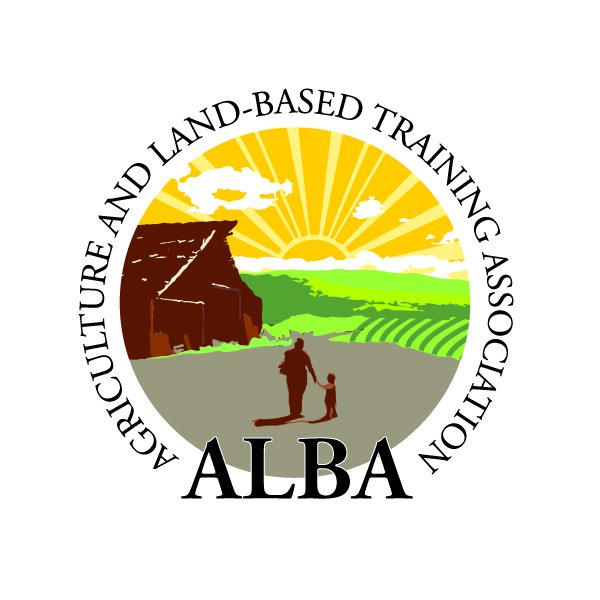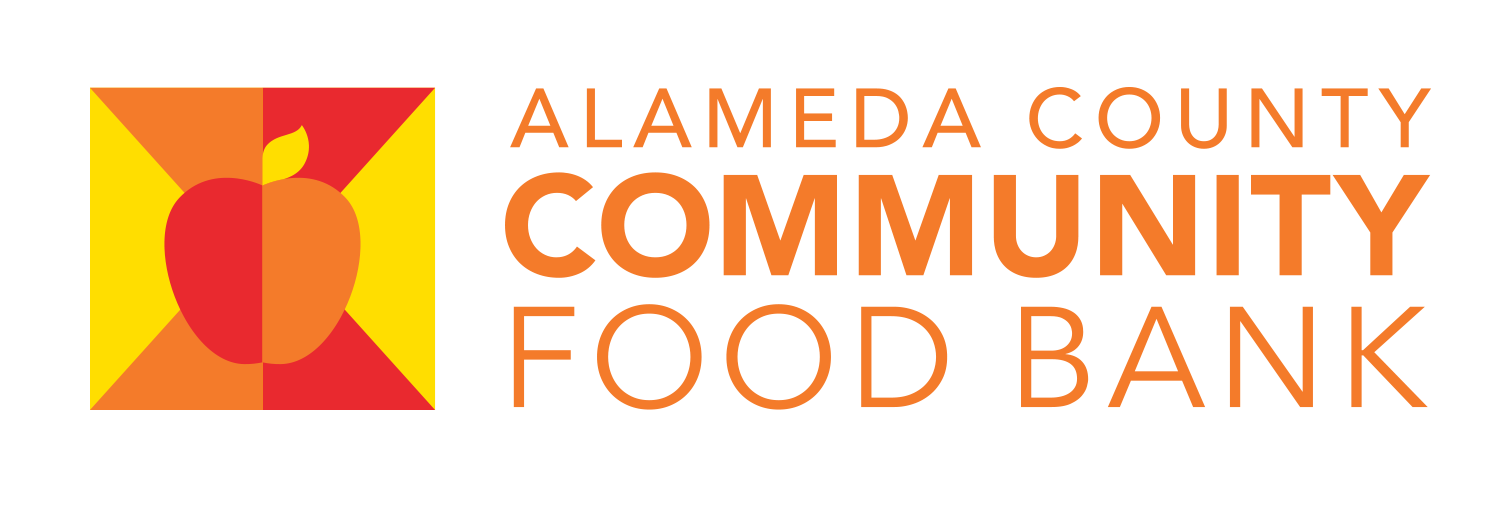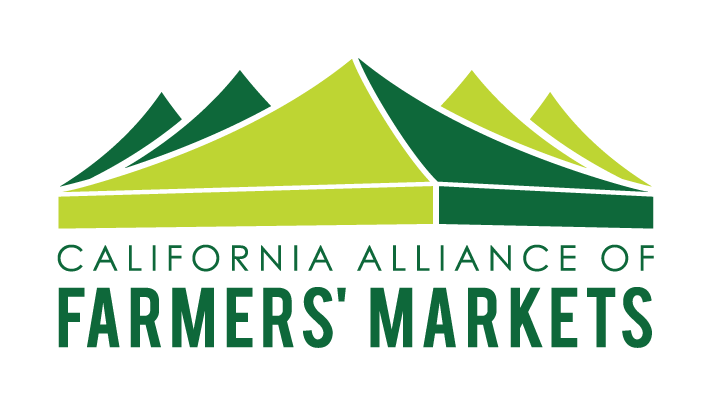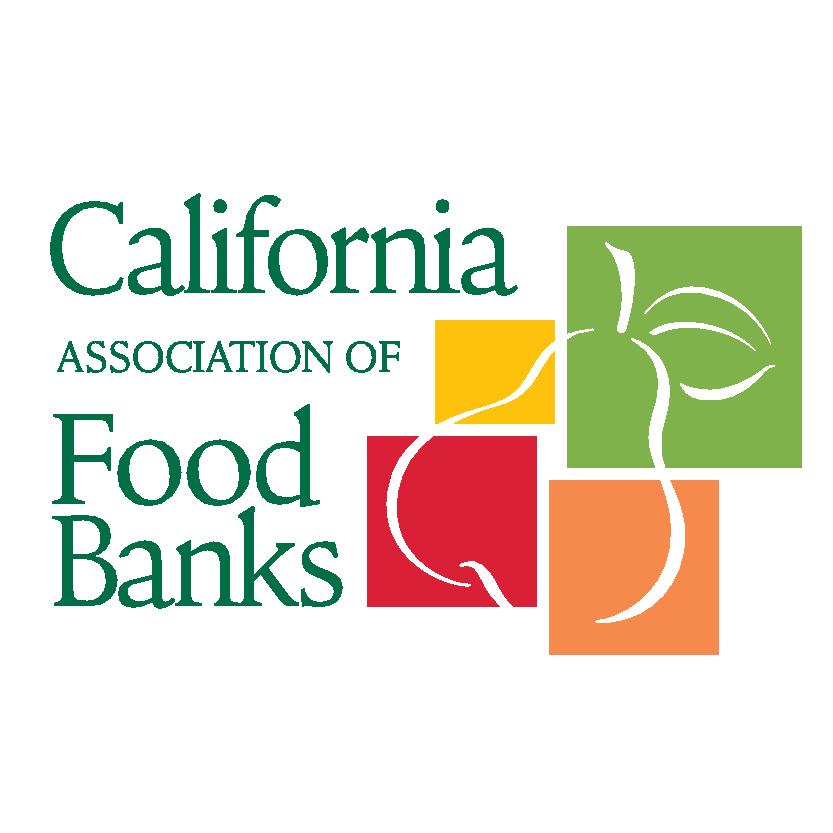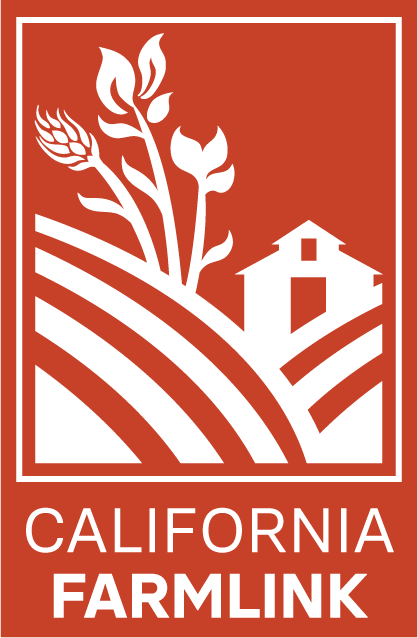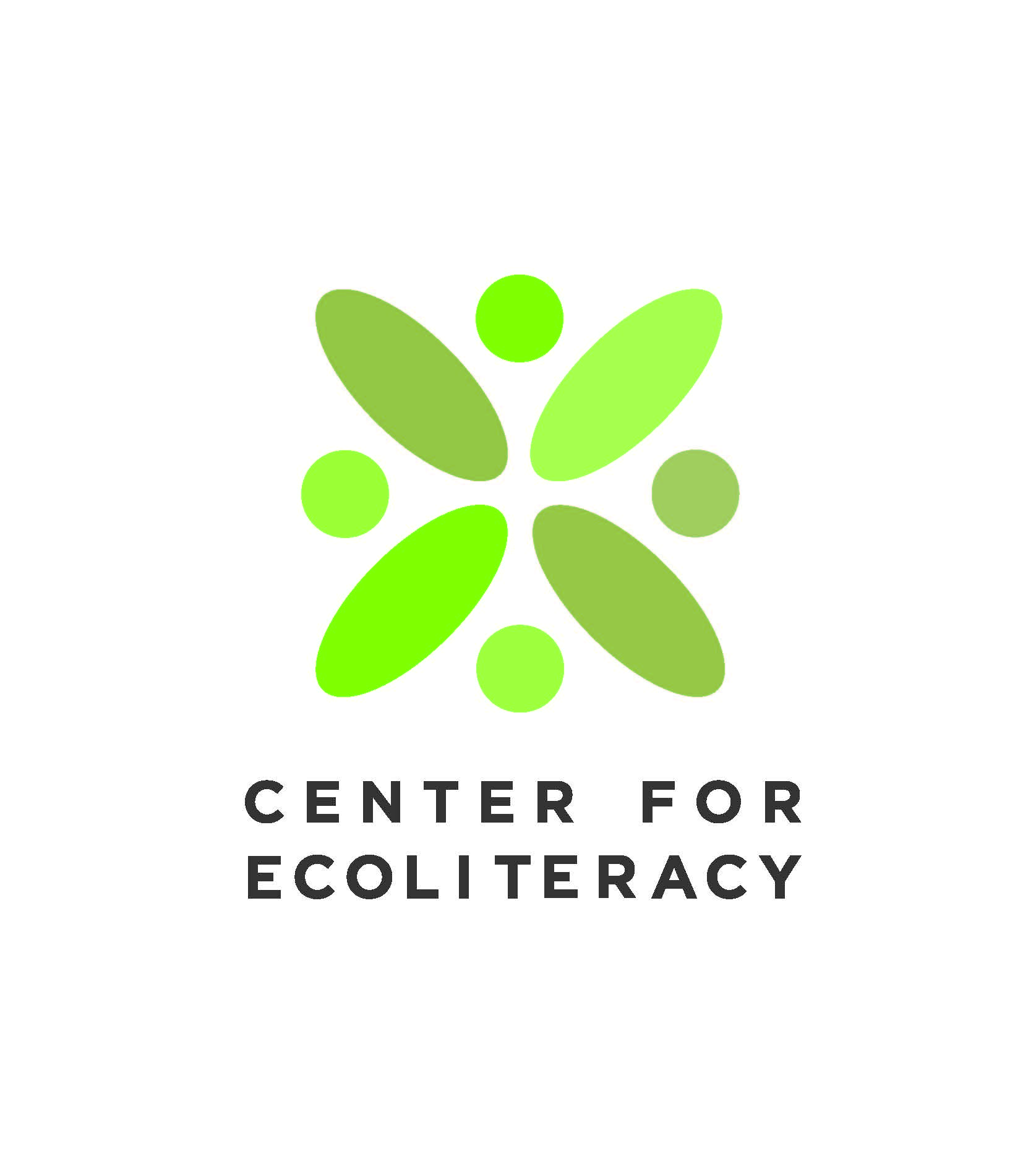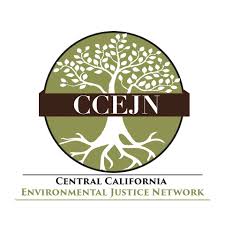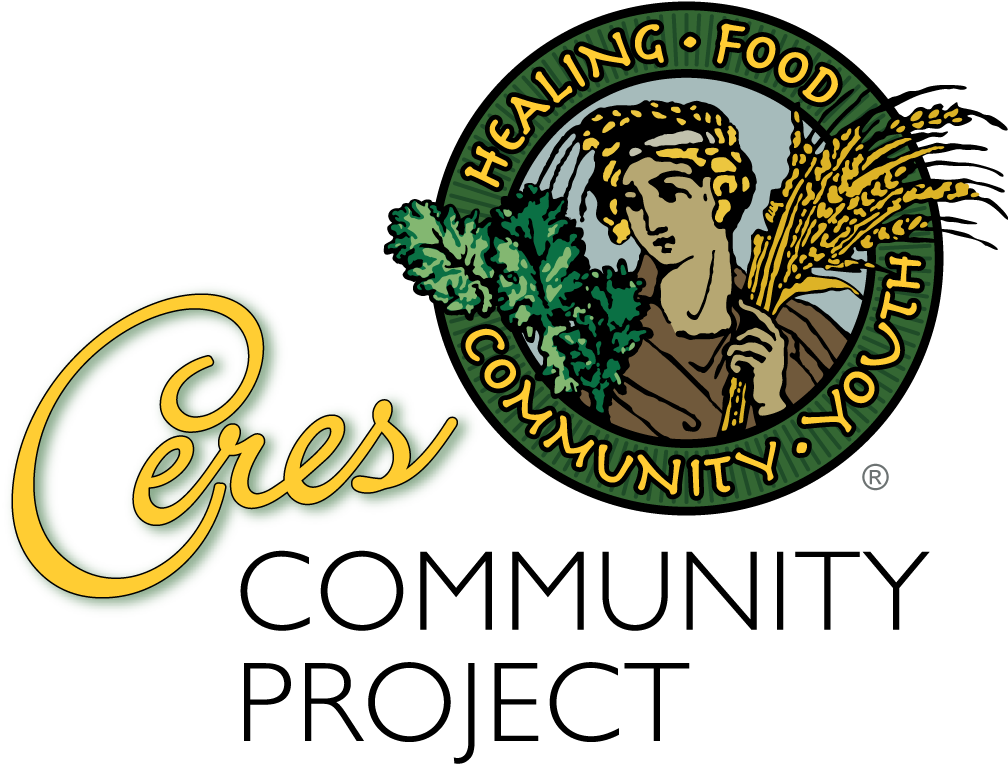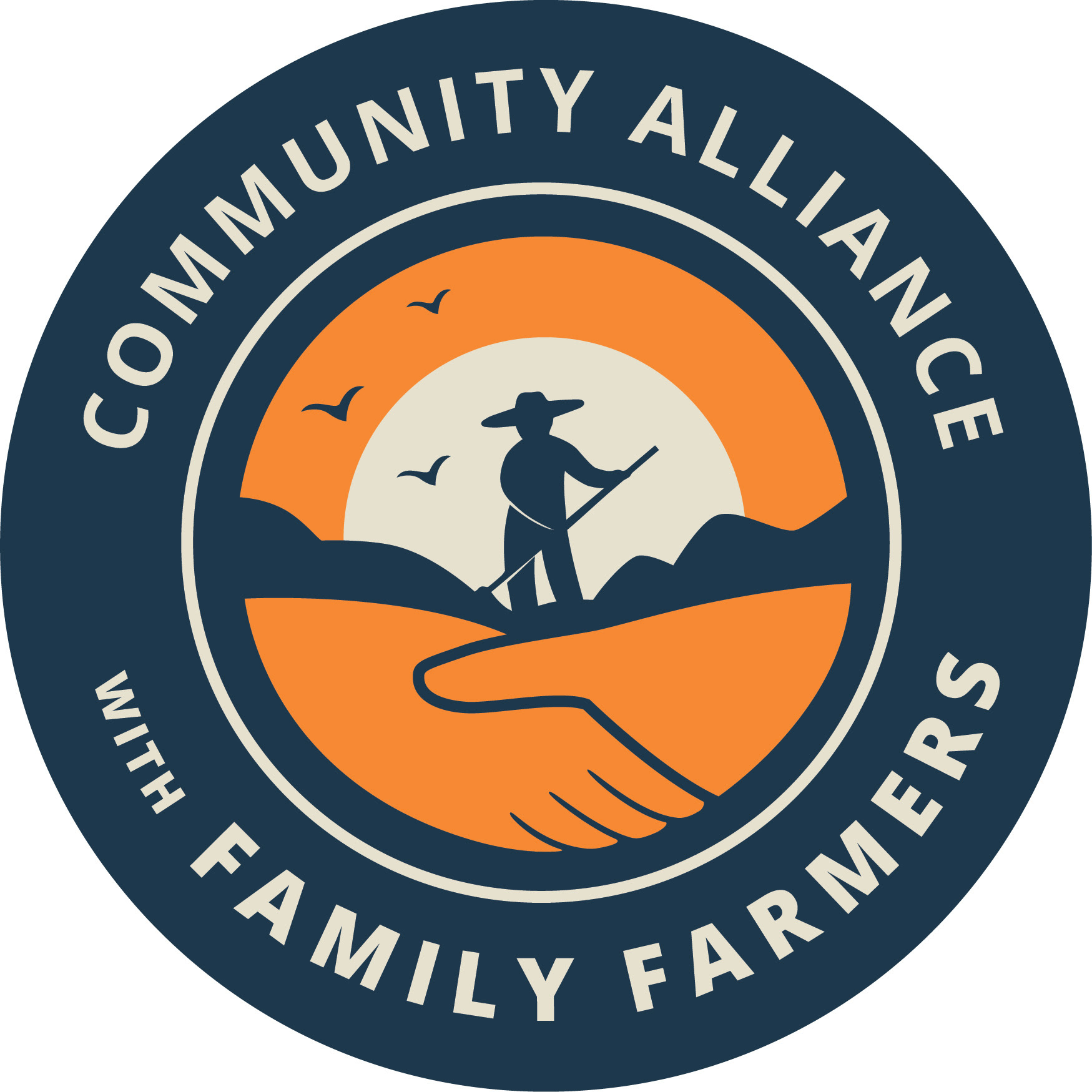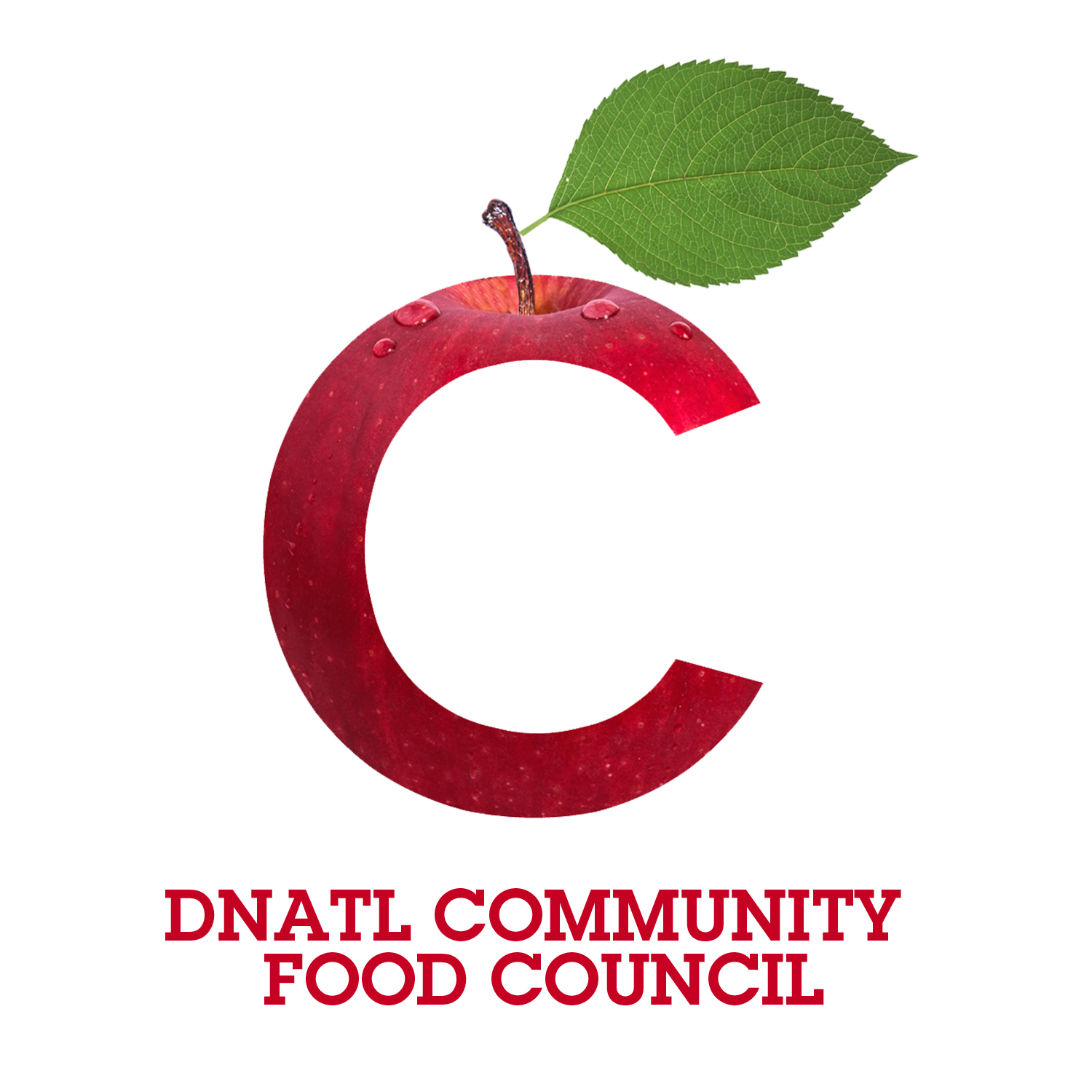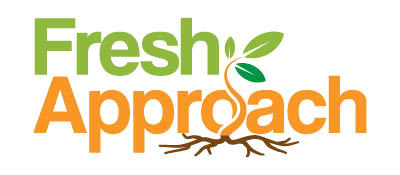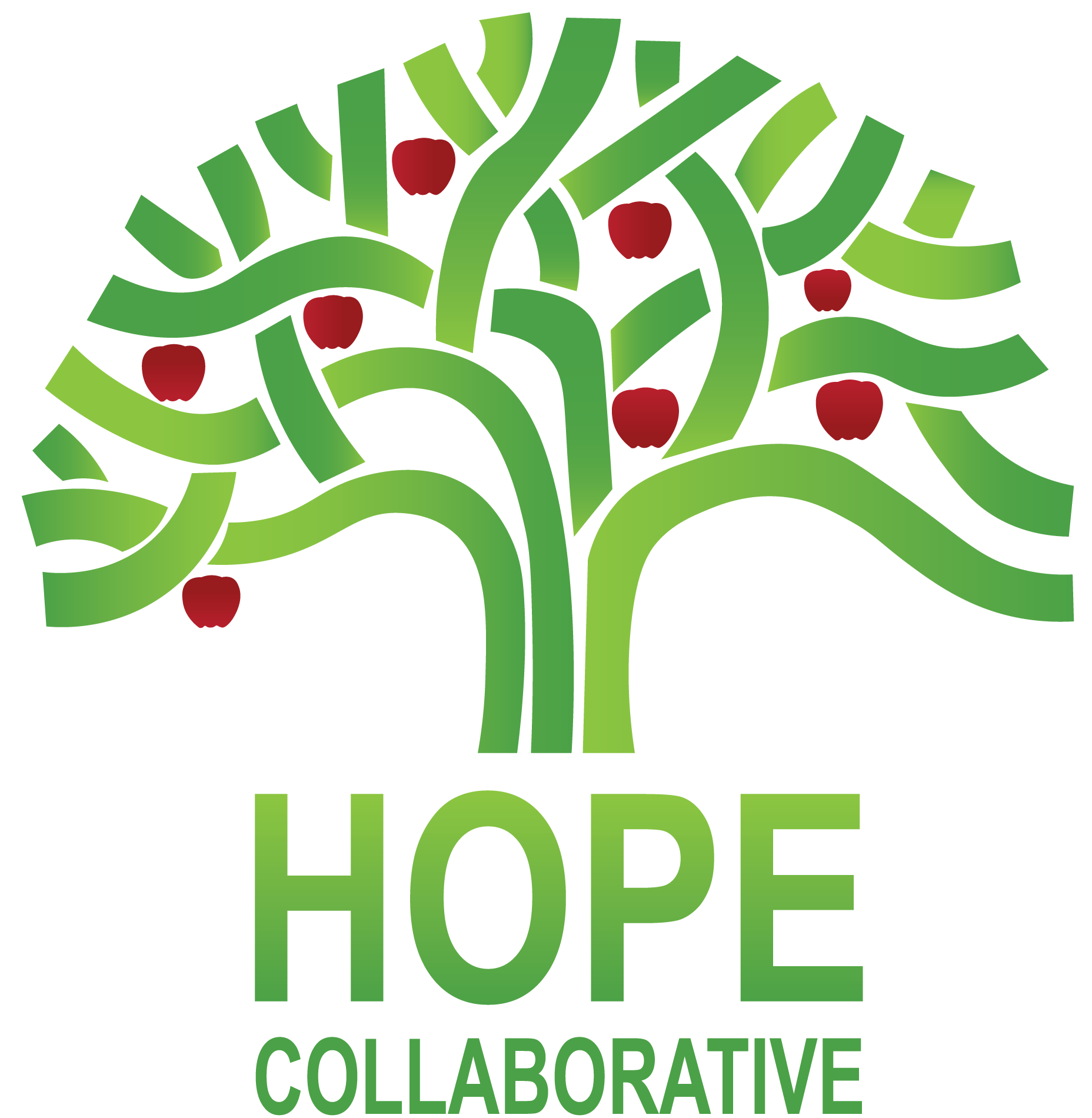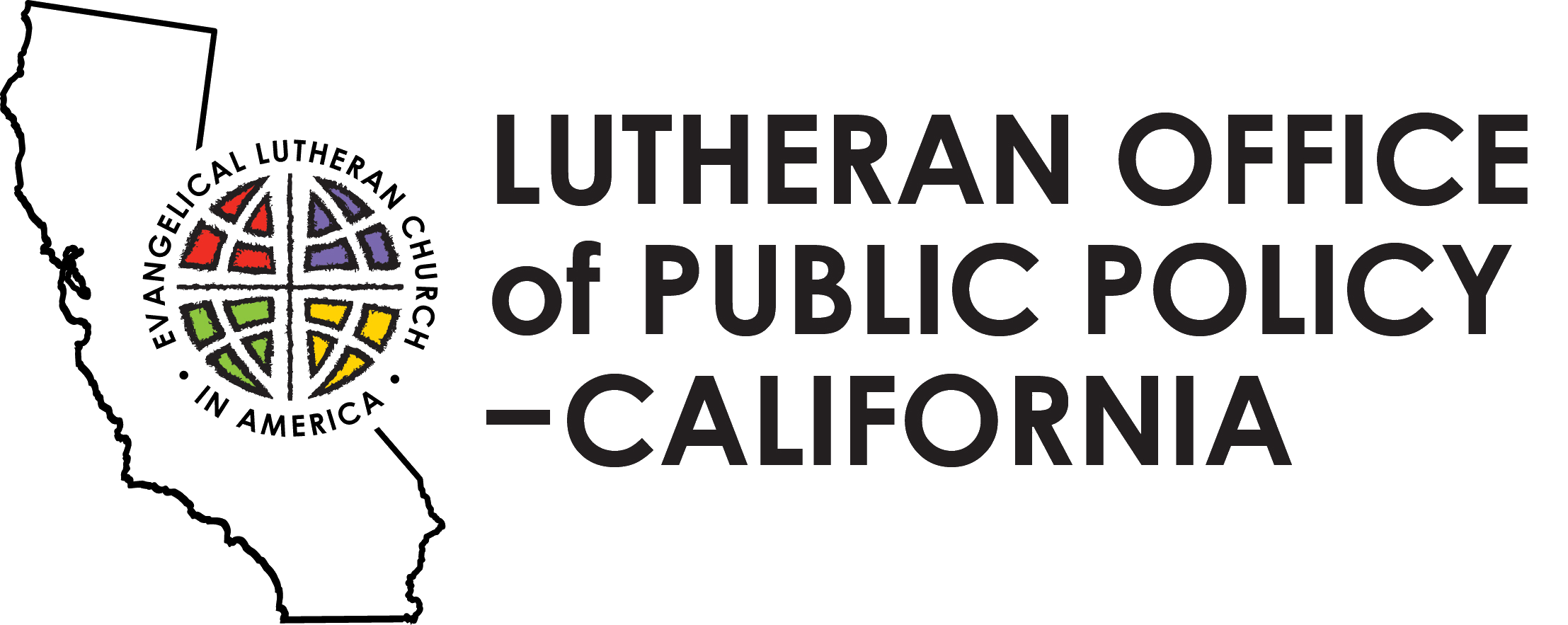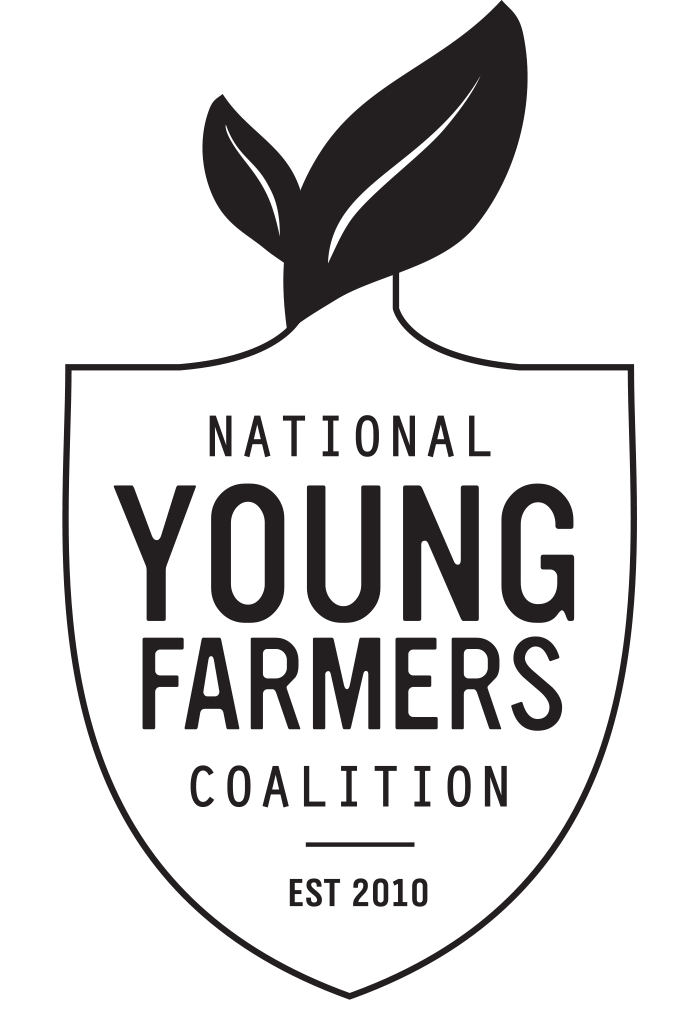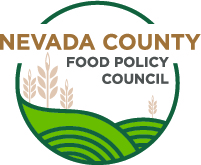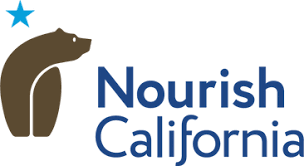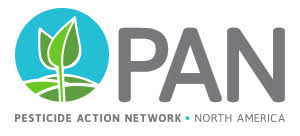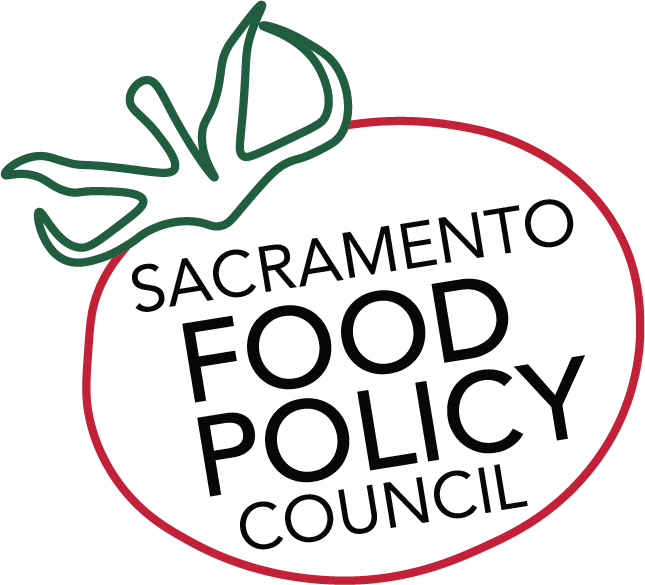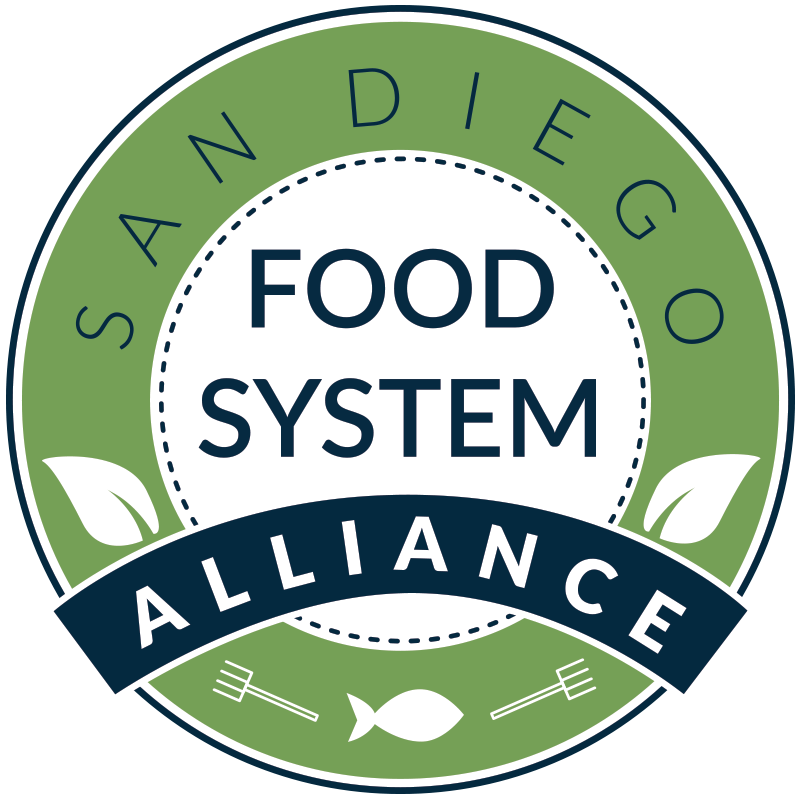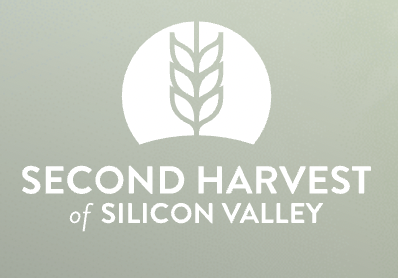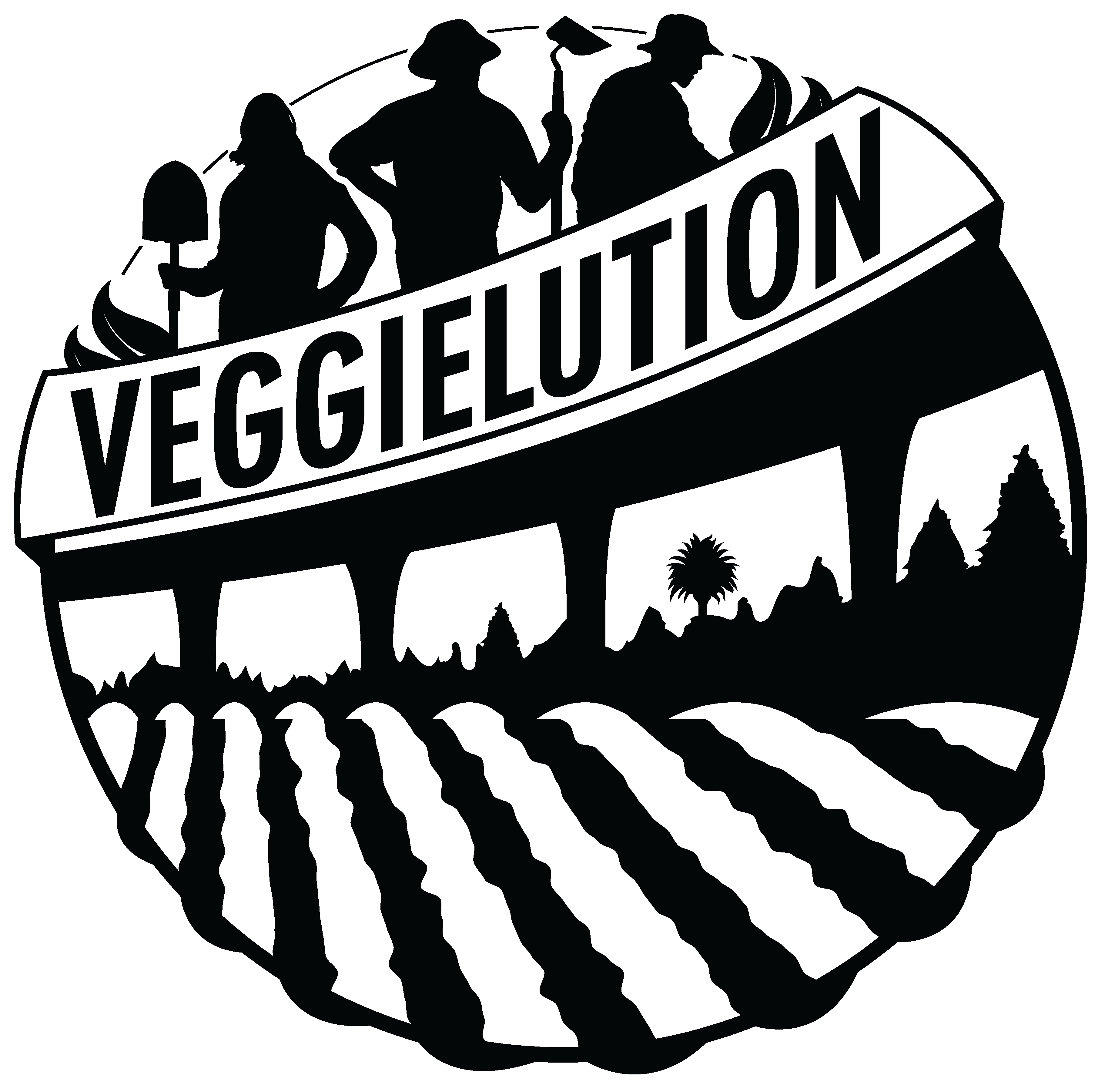The California Food and Farming Network believes that an inclusive, equitable, and ecologically regenerative food and farming system is one that has recognized and repaired injustices to Black, Indigenous and people of color workers, producers and communities, and which generates healthy, affordable, accessible, nutritious and culturally appropriate food and other agricultural products.
This articulation of our vision for the kind of change we want to create in California’s food and farming system was finalized in February 2021. While racial equity had been a core value for our network almost since it’s beginnings, what this meant for a policy advocacy network with majority white-led organizational membership, lacked clarity. For several years, we’d been asking ourselves how, without the right people at the table–those with lived experience of the unequal impacts of the food and farming system–we could uphold racial equity as a core value? How could we develop the shared vision and collective power needed to transform systems without that clarity?
So, in 2020, as COVID-19 and the Uprising for racial justice raged, we paused our normal business and invested time and resources in answering those questions. We started by hiring two consultants, Strela Cervas and ashley sparks, who led us through what we named the Values and Visioning Process. Our goals were 1) to develop a collective understanding of root cause and shared vision statement grounded in racial equity, 2) to identify accountability policies and processes for the network, 3) to build stronger relationships amongst members and trust to address differences and tackle hard conversations, particularly around racial equity, accountability, and resources, and 4) to lean on the leadership of Black, Indigenous and People of Color (BIPOC) within the Network and in the broader movement to guide the process.
Strela and ashley facilitated six Values and Visioning Strategy Sessions that were open to all CFFN members and focused on articulating root causes of food system inequities, collective visioning, building culture, and clarifying our values and purpose (see the graphic representations below of our membership’s visions of the world we want to see in 2050). BIPOC voices and guidance were centered through one-on-one meetings with CFFN’s BIPOC members, formation of a majority-BIPOC Values and Visioning Committee of CFFN members, and a BIPOC Interim Council of Experts that represented impacted communities and grassroots organizations. Both of these groups informed Strategy Sessions and gave feedback on their outcomes, often changing the direction or adding new insights to ensure that the outcomes of the process would serve impacted communities.
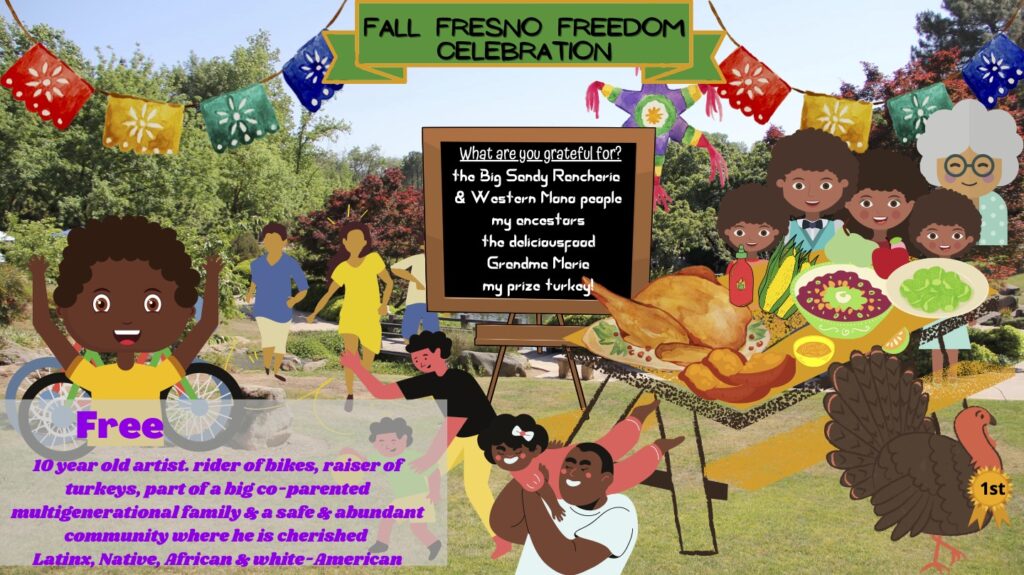
Since completing the first phase of the Values and Visioning Process, we have begun to think of CFFN as filling three roles in the food and farming movement: creating the conditions for BIPOC and impacted communities to lead, supporting and challenging our members to align with our shared values, and advancing transformative state policies. While the evolution of our network from a majority-white space focused more narrowly on policy advocacy and relationship building to a multi-racial movement that can fulfill these roles is just beginning, we have stepped into a new structure that moves us towards the mission, vision and values we collectively identified. The most significant change is the establishment of a Steering Council made up of leaders from grassroots, BIPOC-led organizations that represent indigenous farmworker communities, California Native tribes, farmers of color, and health equity advocates.
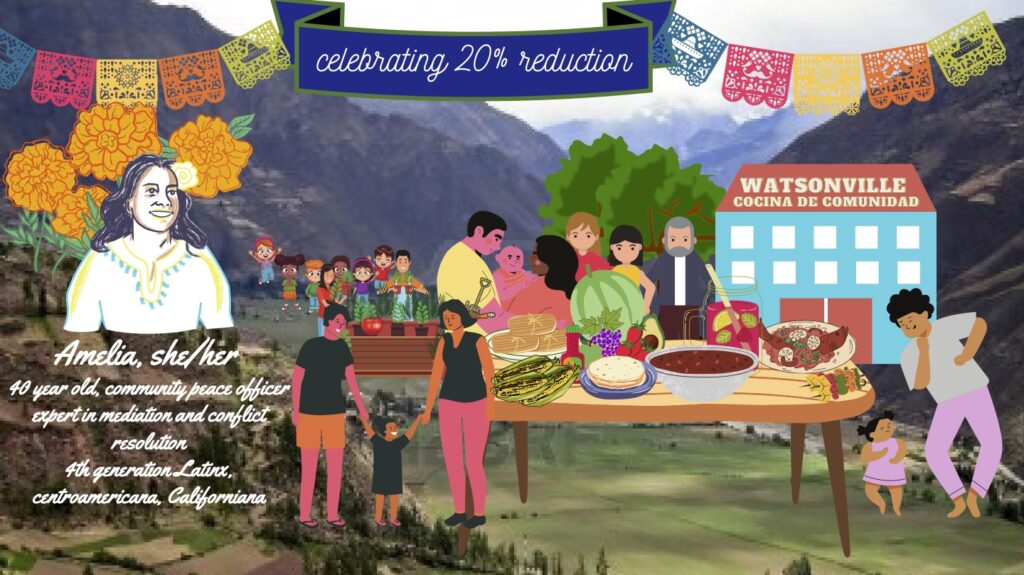
This group, which met for the first time last September, has the power to guide our strategic direction, including determining our priority legislation, working group topics, new membership, and resource allocation. Putting decision-making power in this group’s hands ensures that CFFN’s continued efforts to create the conditions for BIPOC leadership within our network and in state policy will be guided by the communities most impacted by the challenges we face.
Along with this structural change, we are implementing strategies that foster equitable collaboration, build grassroots capacity, strengthen accountability to shared values, and shift culture, in addition to continued policy advocacy. Some powerful highlights from this work include a monthly storytelling practice which welcomes a live storyteller, and allows our membership to practice active listening, shifting the culture of our meetings from more policy-wonky that favor norms of white professionalism, to one where lived experience is viewed as a form of expertise that should inform policy change. Another highlight is our continued facilitation of the Farmworker Advocacy Working Group and participation in the COVID-19 Farmworker Study (COFS) in Action team, both of which are building the capacity of grassroots community based organizations that serve farmworkers to have real impact and influence in Sacramento.
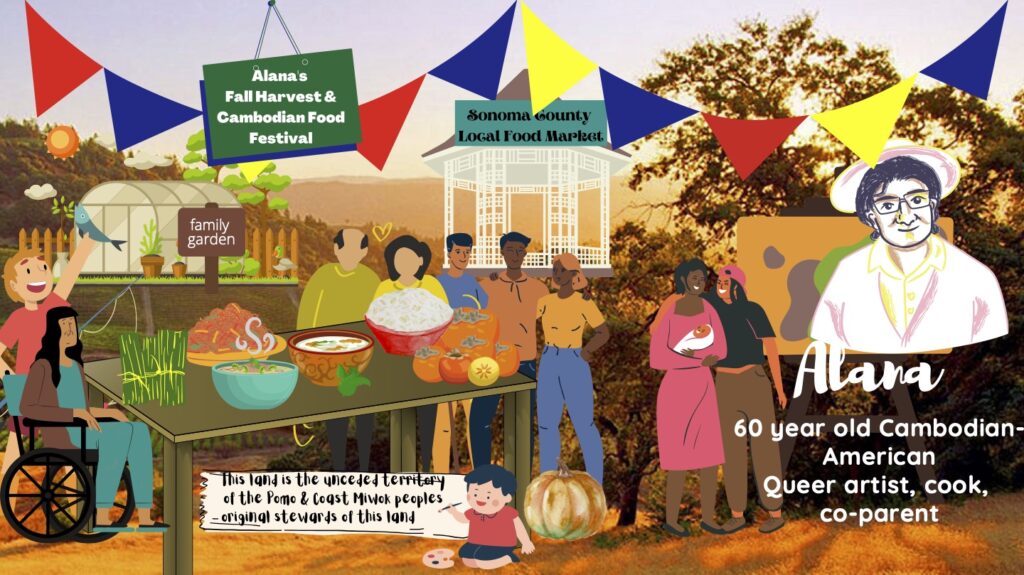
“Racial equity is not simply the absence of discrimination,” reads CFFN’s 2019 Racial Equity Statement. “It requires more than equal distribution of resources to everyone despite their existing needs or assets. It is a process by which we establish and maintain deliberate systems and supports to achieve and sustain racial equity through proactive and preventative measures. It requires that we prioritize the allocation of resources, decision making and power to those who have been most impacted by the injustice of our current food and farming system.”
This work will not be done until the visions of liberation and sovereignty that our network imagined are achieved for all Californians, but the process of organizational transformation is underway.

